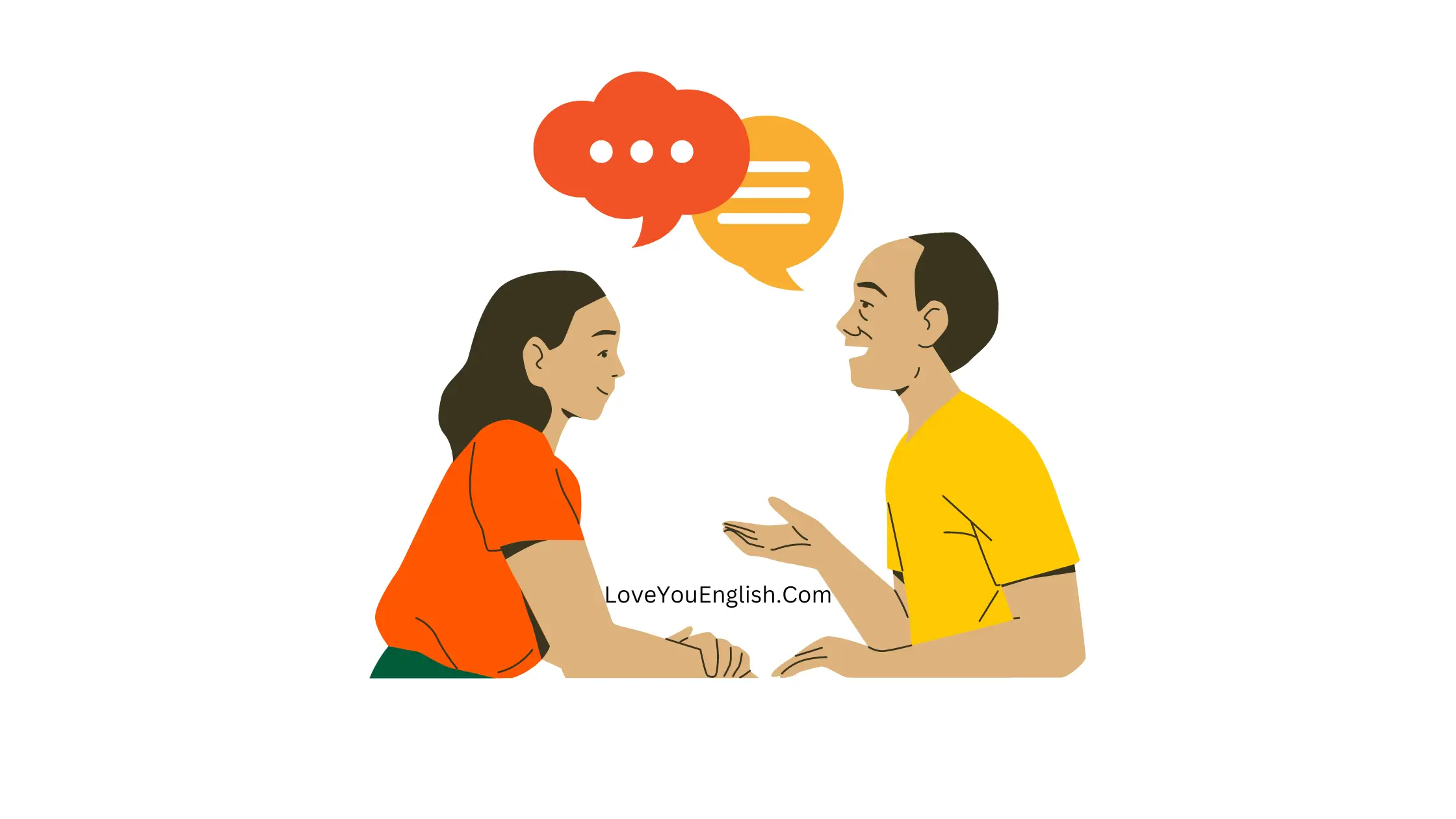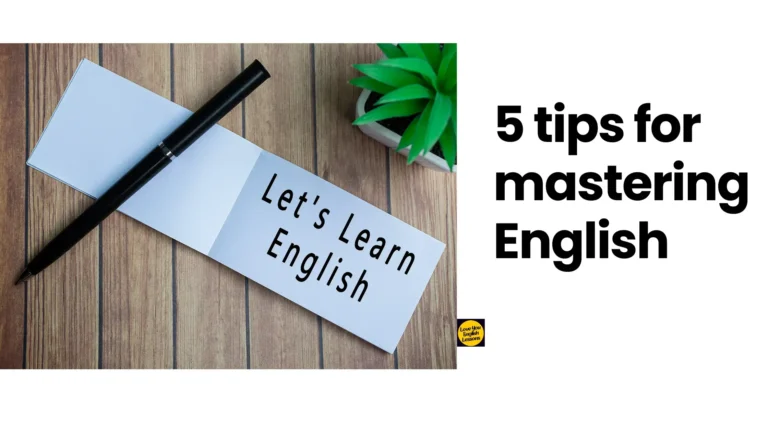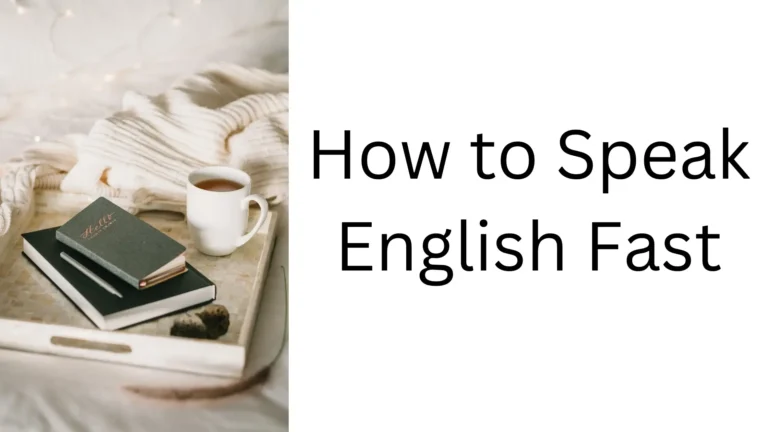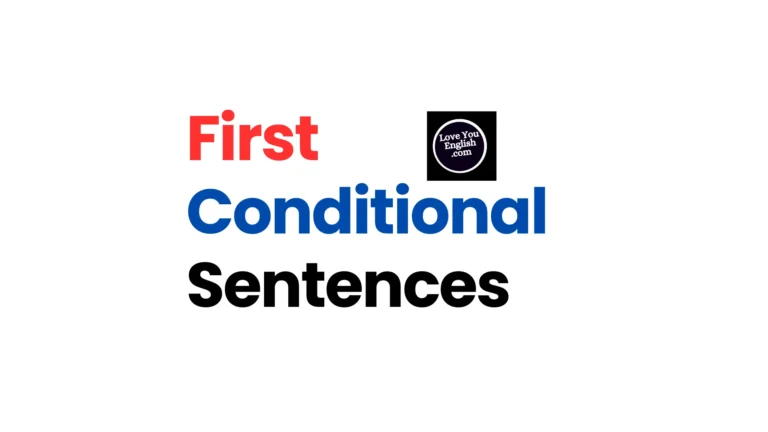English Sentences for Everyday Conversations
Learning a new language can be hard.
Especially if that new language is English.
There are so many rules and exceptions.
But don’t worry!
In this blog post, we will go over some simple and common English sentences.
Sentences that you can use in your everyday conversations.
By the end of this post, you will know the sentences for:
• Greeting people
• Making small talk
• Giving compliments
• Asking for help
• And more!
Let’s get started.
Greeting People
One of the most basic things you need to know in any language is how to greet people.
Here are some simple greetings in English:
• “Hello!”
• “Hi!”
• “Hey there!”
• “Good morning.” (Use this one before noon)
• “Good afternoon.” (Use this one after noon but before evening)
You can use any of those to greet someone when you first see them or meet them.
People might respond with:
• “Hello!”
• “Hi, how are you?”
• “Hey, nice to meet you.”
Making Small Talk
After you greet someone, you often make small talk. Small talk is light, casual conversation about basic topics like:
• The weather
• How someone’s day is going
• Upcoming plans or events
Here are some simple small talk sentences:
• “How’s your day going so far?”
• “Do you have any plans for the weekend?”
• “Did you catch the game last night?”
• “This weather is really nice/awful, isn’t it?”
People usually respond with short, simple answers like:
• “Not bad, how about you?”
• “Just working this weekend.”
• “No, I missed it. What happened?”
• “Yeah, it’s beautiful/terrible out!”
Giving Compliments
Compliments are a nice way to make someone feel good.
You can compliment someone’s:
• Appearance (“You look nice today!”)
• Belongings (“I love your new shoes!”)
• Work or achievements (“Great job on that project.”)
Some simple compliment sentences are:
• “I like your shirt.”
• “Your hair looks great!”
• “You’re a really good friend.”
• “You did such a good job with ______.”
When someone compliments you, you can respond with:
• “Aw, thanks!”
• “That’s so nice of you to say.”
• “I appreciate that.”
Asking for Help
Sometimes you need help with something. There are polite ways to ask for help in English, like:
• “Excuse me, can you help me with…?”
• “Do you know where I can find…?”
• “I’m having trouble with ______. Could you…?”
For example:
• “Excuse me, can you help me find the bathroom?”
• “Do you know where I can find a good restaurant around here?”
• “I’m having trouble understanding this sentence. Could you explain what it means?”
Be sure to say “please” as well to be extra polite!
People will usually respond with:
• “Sure, no problem. It’s right over there.”
• “Hmm, I’m not really sure. Sorry about that.”
• “Of course, let me try to explain…”
Expressing Opinions
You may want to share your opinion about something in a conversation. Here are some simple ways to do that:
• “I think…”
• “In my opinion…”
• “I feel like…”
You can then finish the sentence with your opinion:
• “I think that movie was really boring.”
• “In my opinion, we should go to the park instead of the mall.”
• “I feel like the class was too difficult.”
The other person might respond with their own opinion, using the same structures:
• “Really? I actually liked that movie a lot.”
• “That’s a good idea, the park does sound nicer.”
• “I feel like it was pretty easy. But everyone has a different experience I guess.”
Making Plans
Often in conversations, you’ll want to make plans with someone. You can use sentences like these:
• “Do you want to ______ later?”
• “We should ______ this weekend.”
• “How about _______ on Friday night?”
Some examples:
• “Do you want to get dinner later?”
• “We should go to the beach this weekend.”
• “How about seeing a movie on Friday night?”
The other person can respond with:
• “Sure, that sounds great!”
• “I can’t this weekend, but how about next weekend?”
• “Sorry, I already have plans on Friday. Rain check?”
Showing You Understand
When someone is talking, it’s polite to show that you understand what they’re saying. You can do this with small phrases like:
• “Got it.”
• “I see.”
• “Okay, I understand.”
• “That makes sense.”
These are good to use when someone:
• Gives you instructions
• Explains something to you
• Shares information or an opinion
For example:
Person: “To get to the bank, you’ll need to take a left at the stoplight, then go straight for two blocks.”
You: “Got it, thanks.”
Person: “I’m thinking we should move to a new apartment because this one is too small.”
You: “I see, yeah it has gotten cramped with all our stuff.”
Using these simple phrases shows you were listening and comprehended what was said.
Saying Goodbye
And finally, you’ll need to know how to properly end a conversation and say goodbye. Some simple goodbyes are:
• “Bye!”
• “See you later!”
• “Have a good one.”
• “Take care.”
• “It was nice talking to you.”
The other person will likely respond with:
• “Bye!”
• “You too, see you!”
• “You as well, have a nice day.”
And that’s it!
Those are some very common and useful English sentences for everyday conversations.
Learning and practicing sentences like these will help improve your English conversation skills.
Remember, don’t be afraid to make mistakes.
The more you practice, the better you’ll get.
Soon, making small talk and having friendly conversations will feel natural.
_______________________
Check out these awesome English learning books I recommend:
Oxford Practical English Usage
Conversation Skills for All Occasions





